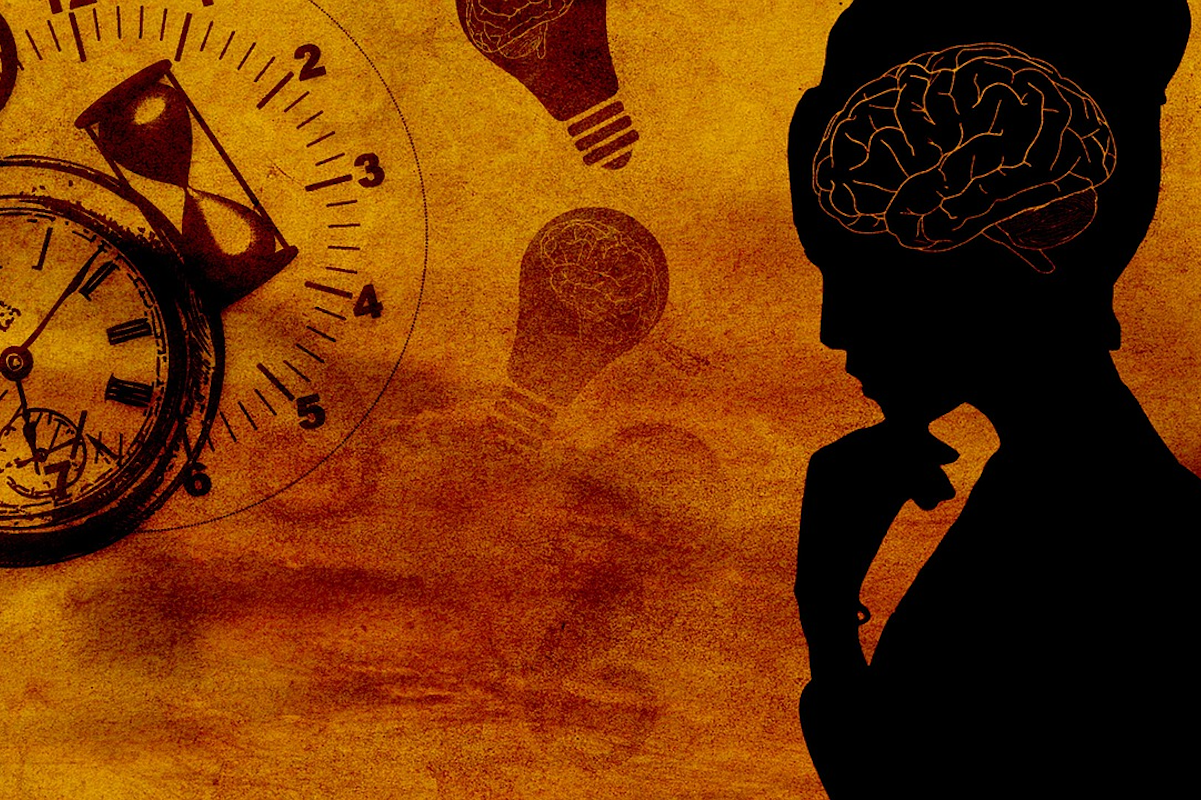KINGSTON, R.I. – Jan. 31, 2024 – Video game soundtracks may not be high on your playlist if you’re looking to hear medieval or Renaissance tunes. But maybe they should be.
Karen Cook, associate professor of music history at the Hartt School at the University of Hartford, will explore the use of early music in video games as she opens the second half of the University of Rhode Island Center for the Humanities’ lecture series, “Innovations in Storytelling.” Cook will discuss “Hearing the Renaissance in Video Games” on Wednesday, Feb. 21, at 5 p.m. in the Higgins Welcome Center.
The yearlong series highlights the innovative ways in which a variety of practitioners tell stories, including cartoonists, poets, anthropologists, artists, musicians, quilters, dancers and novelists. The series is free and open to the public. Registration is required. (Most presentations will also be livestreamed.)
“We are thrilled to continue our successful series on storytelling this spring with practitioners from the fields of music, quilting, dance and literature,” said Evelyn Sterne, director of the Center for the Humanities. “Our goal for the series is to illustrate the power of storytelling by shining a light on innovative practices in a wide variety of fields, and our lineup of spring speakers and performers should do just that. We hope the series will continue to attract a broad cross-spectrum of people from both URI and the broader community.”
Cook, who specializes in music of the 14th and 15th centuries and medievalism in contemporary music and media, is assistant dean for special projects and program chair of music history at the Hartt School. Her work has been published in numerous journals including the Journal of Sound & Music in Games, for which she is a member of the editorial board. She is the author of “Music Theory in Late Medieval Avignon: Magister Johannes Pipardi,” and is currently co-editing two volumes, “Gender, Sexuality, and Video Game Sound” for Routledge and “Global Histories of Video Game Music Technology” for Brepols.
In her talk, Cook will focus on video games set between 1400 and 1600 and have a geographical or thematic connection to the Renaissance. Her lecture will evaluate the context of different periods of medieval music in these games, shedding light on how the Renaissance is represented in game music and what the music is used to represent.
In an August 2023 article in Early Music America, she wrote that thousands of video games use medieval or Renaissance eras or fantasy worlds as settings, with numerous games incorporating early music or early instruments in their soundtracks.
“Video games creatively employ early music not only as background music, meant to establish a general sense of time and place, but also as an active element in gameplay, meant to engage the player in the act of music-making, in a manner of speaking,” she wrote. “Furthermore, games – like films and television – provide composers with opportunities to re-imagine not what the past might have sounded like then, but what it could sound like now.”
The lecture series continues Thursday, March 21, with Chawne Kimber discussing “Textiles and Social Justice” at 4 p.m. in the Carothers Library’s Galanti Lounge. The lecture is co-sponsored by the Department of Gender and Women’s Studies as the annual Eleanor Carlson Lecture.
Kimber, dean of the college at Washington and Lee University and a professor of mathematics, is a textile artist whose work includes quilts and embroidery that have been shown in museums, galleries and festivals in the U.S. and Australia. Her work is part of collections at the Petrucci Family Foundation, Michigan State University, the International Quilt Museum and the Smithsonian Museum of American Art.
At 4 p.m. on Tuesday, March 26, in the Higgins Welcome Center, Camille Weanquoi, a freelance dancer, teacher and choreographer from Bronx, New York, will discuss “The Way Forward,” a multidisciplinary and intergenerational performance that explores Black women’s personal and collective memories related to shaping identity and the molding of generations and community. The performance is influenced by stories shared through community sister chats, family interviews and community memory and includes artwork by interdisciplinary artist Myeashia Osuntola Abram. Weanquoi’s troupe, Camille W. Dance & Co., will present the performance on Wednesday, March 27, at 7 p.m. in the Fine Arts Center Concert Hall. Both events will be livestreamed.
The lecture series closes Thursday, April 11, with a conversation with Ruth Ozeki, an award-winning novelist and filmmaker, and Zen Buddhist priest, at 4 p.m. in the Higgins Welcome Center.
Ozeki, the Grace Jarcho Ross 1933 Professor of Humanities at Smith College, is the author of such novels as “My Year of Meats,” which has been translated into 11 languages and published in 14 countries; “All Over Creation,” recipient of the 2004 American Book Award from the Before Columbus Foundation and a New York Times Notable Book; and “A Tale for the Time Being,” a New York Times bestseller and nominee for the 2013 Man Booker Prize.
Her most recent book, “The Book of Form and Emptiness,” was the 2022 winner of the Women’s Prize for Fiction. The College of Arts and Sciences has made 100 free copies of the book available for anyone who would like to participate in a campus-wide Big Read prior to Ozeki’s visit. To register for the community read, click here.
Ozeki’s talk will be part of the Center for the Humanities’ annual Spring Humanities Festival, which will include the presentation of humanities achievement awards to an undergraduate and graduate student who have made strong contributions to the field of the humanities and URI, and will be pursuing a career in the humanities.
“Innovations in Storytelling” is sponsored by the Center for the Humanities, the URI College of Arts and Sciences, Office of the Provost, Department of Africana Studies, Department of Gender and Women’s Studies, Rhode Island Sea Grant, Office of Research and Economic Development, and the Kingston Chamber Music Festival.

